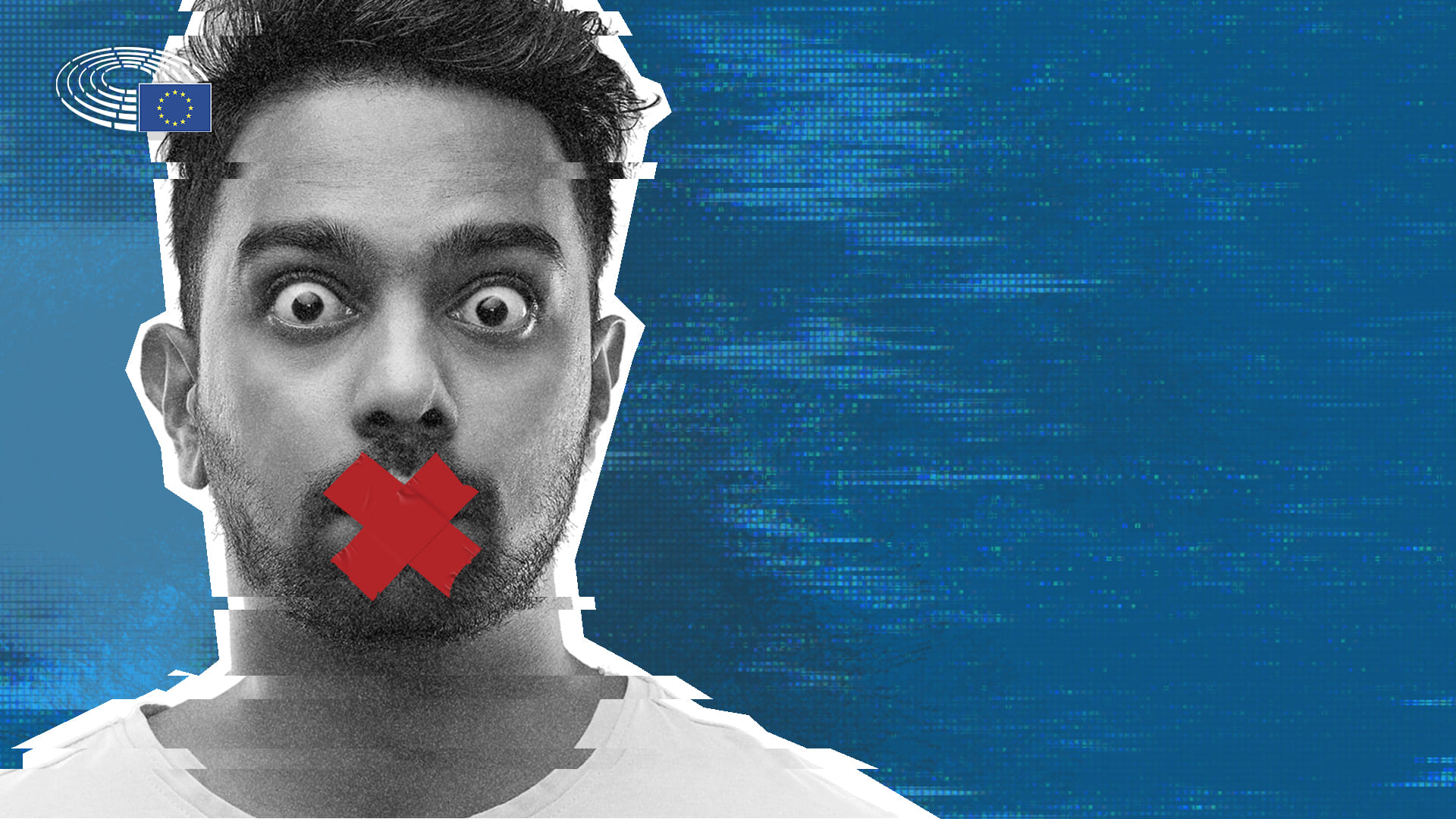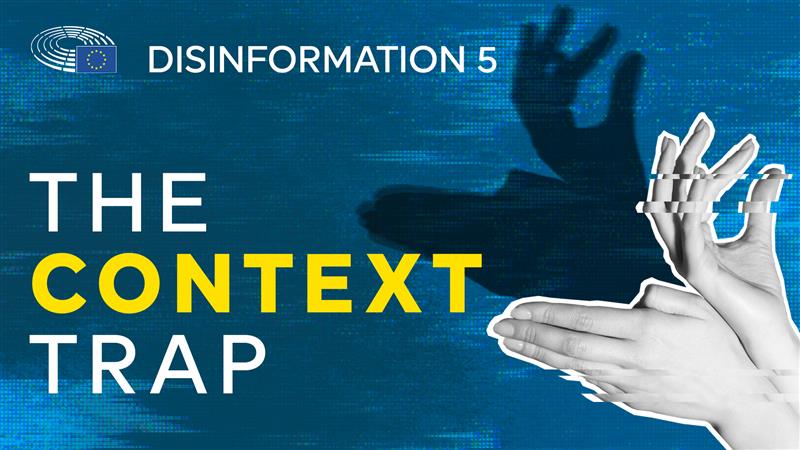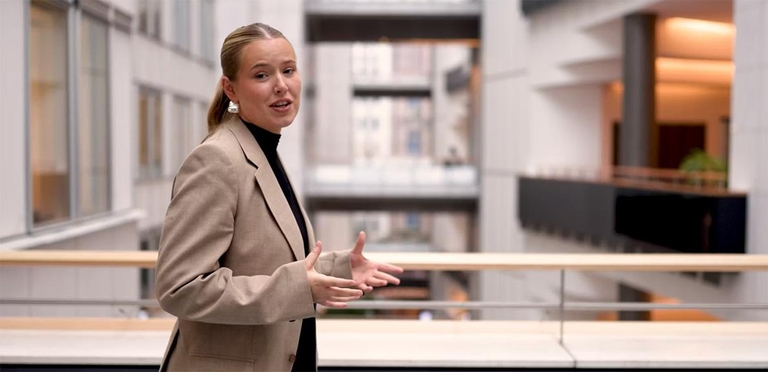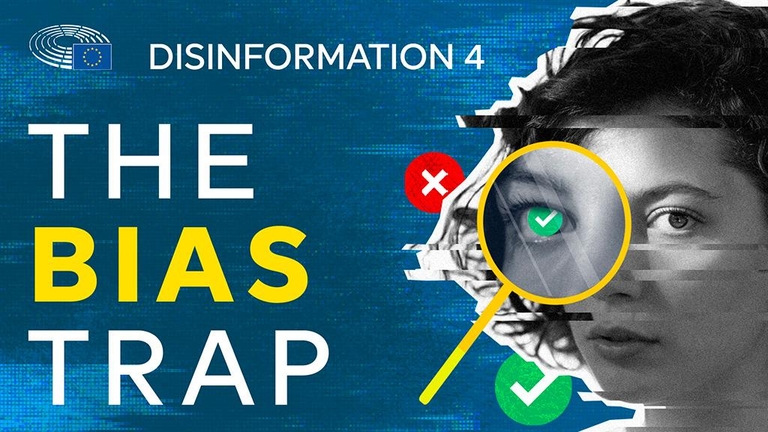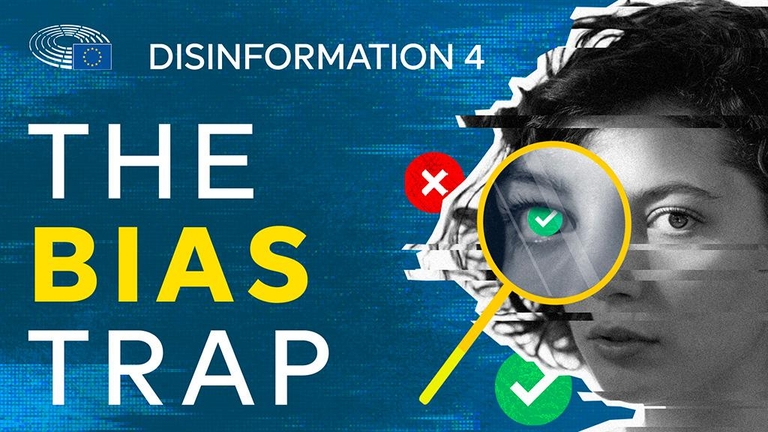European Parliament

 Atnaujinta
AtnaujintaIn today’s digital world, disinformation seems to be everywhere and affect everyone. People and organizations use information to manipulate opinions and reach their goals. In this series of videos, the European Parliament’s communication team explains the most commonly used tactics and give tips to spot and avoid them.

